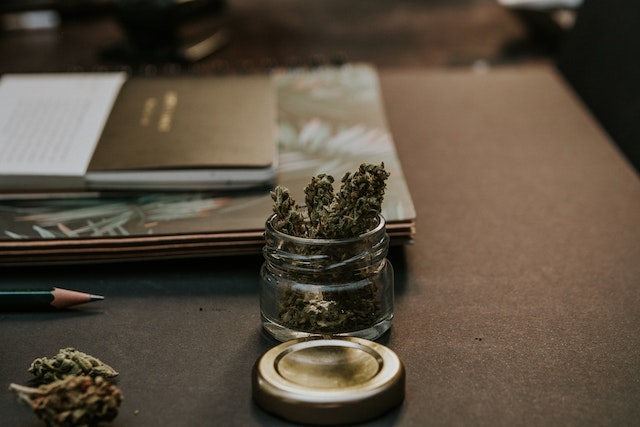Medical marijuana is cannabis or chemicals prescribed by doctors for their patients. It’s not as well studied as medicines, but some studies show it may help with certain conditions.
Experts say it can help ease the pain of several chronic health problems, including multiple sclerosis and nerve pain.
In glaucoma, where pressure builds up in the eye and can impair vision, it has also been used as a treatment. Marijuana can lower pressure, but it does not cure the disease. It’s also been used to control nausea and vomiting in people with cancer or AIDS, to make some people who do not want to eat feel hungry, and for weight loss associated with hepatitis C or HIV.
If you suffer from a medical condition that makes you uncomfortable and lowers your quality of life, you could be eligible for a medical marijuana card. Discuss this option with your doctor. If you do not have a regular doctor, you can find an online doctor like the ones found here. This allows you to get your medical card from the comfort of your home.
Medicinal Purposes
The primary medicinal purpose of a medical marijuana card is to obtain access to cannabis to treat a debilitating condition. It has been demonstrated to ease spasticity symptoms of spinal cord injuries, minimize chemotherapy-induced nausea and vomiting, and treat anxiety, sleeplessness, and PTSD in many patients. In addition, cannabis can treat glaucoma, Crohn’s disease, fibromyalgia, and seizures caused by epilepsy.
Cannabis has also been proven in studies to alleviate nausea and appetite loss linked with some medical disorders, including inflammatory diseases such as Crohn’s disease and AIDS. It can also assist with chronic pain caused by neurological disorders like ALS, reduce stress and depression, and improve sleep quality.
For certain persons with stomach or gastrointestinal problems, medical cannabis can be used instead of NSAIDs and is also safer than opioids. Due to adverse symptoms, including dizziness, dry mouth, and red eyes, some individuals might not be able to consume the entire recommended dosage of marijuana at once.
Another significant benefit of a medical marijuana card in Virginia is that it prevents you from paying retail and excise taxes. It can save you 5-10% in some states.
Social Purposes
A medical marijuana card allows one to access cannabis dispensaries that only sell to patients. These shops often have a large selection of goods and strains. They also have cannabis coaches that help people find the right product for their condition. In addition, a medical marijuana card saves people money in the long run because they pay lower taxes than those who buy it from recreational dispensaries.
Legality
A medical marijuana card is an official document that authorizes you to purchase and possess certain types of cannabis from regulated dispensaries like Leiffa. These cards are issued by physicians who have been licensed to practice in your state. They can recommend medical marijuana for specific conditions. They may also suggest that you take other medications besides marijuana. In most cases, the physician will do a history and physical examination to determine whether you have a pathology that could benefit from medical marijuana. They can then issue a prescription for medical marijuana to help relieve your symptoms.
In some states, the medical marijuana card is used to access marijuana grown at a licensed dispensary. Patients can possess up to 2.5 ounces of marijuana at a time and must provide their ID card while visiting the facility. They can also grow up to six blooming plants and six nonflowering plants in their residence.
Recreational Purposes
In some states, possession of cannabis is still illegal, but having a medical marijuana card may make you a less obvious candidate for police intervention. Depending on the state’s laws, you may also be more likely to avoid eviction or other legal issues when living in an apartment or renting a home. Some states have laws protecting med card holders from being fired from their job over the use of cannabis.
The first step is to consult a licensed physician to determine your eligibility for medicinal marijuana treatment. Your doctor will verify your medical condition and submit the necessary documents to the OCM. Once approved, your physician will upload a patient certification with a registry ID to the OCM’s system. You can then print your certificate and buy medical marijuana at registered dispensaries.
Patients 18 years and older can obtain their medical marijuana cards, while minors must designate a primary caregiver to manage their medical marijuana needs. It’s best to find a healthcare practitioner who has consented to be listed on the OCM’s list of approved certifying practitioners, so you can easily access your medical marijuana.
Medical marijuana can be smoked, vaped, eaten, or applied to the skin through a patch. It can also be grown in small amounts at home. In some states, you can purchase marijuana products at registered dispensing locations. They’re available in various forms, including vape cartridges/pens, capsules/tablets, tinctures, oral sprays, and lozenges. Moreover, seeds and immature plants for home cultivation are also available for sale.






